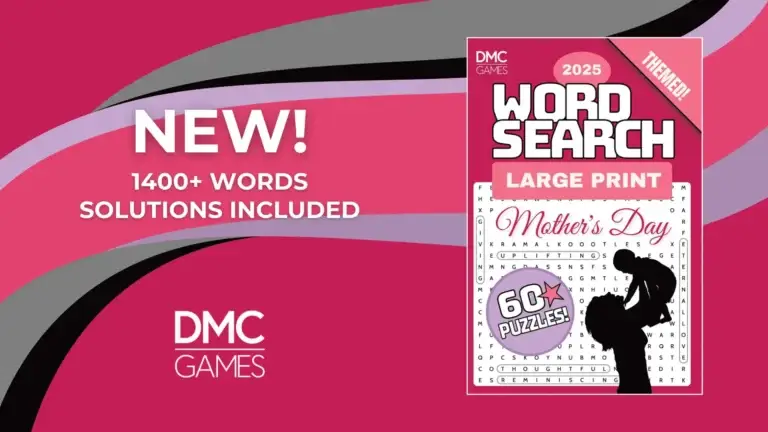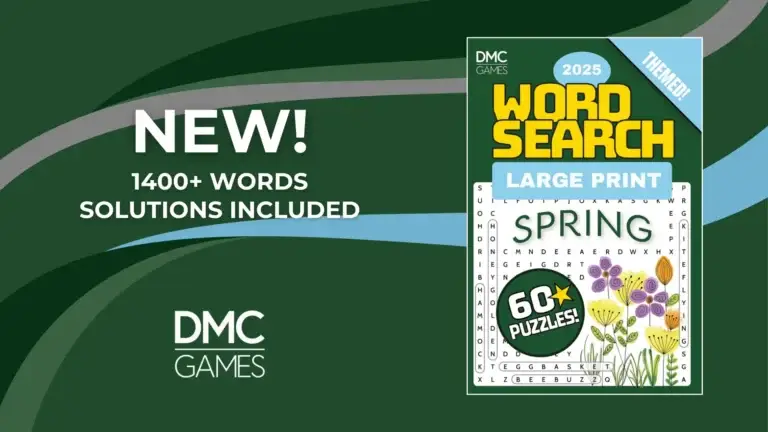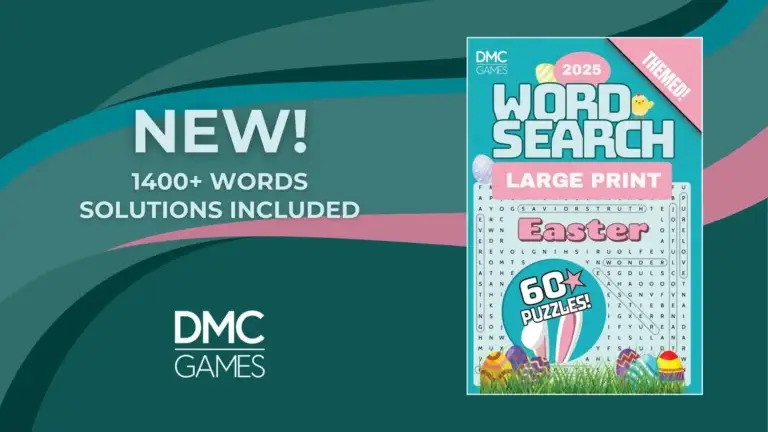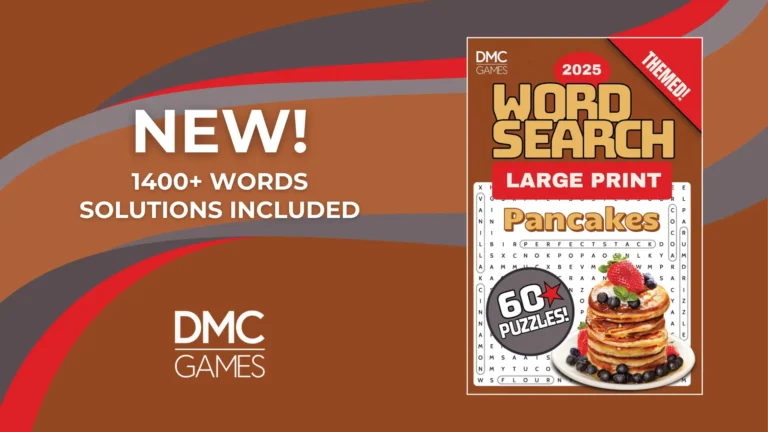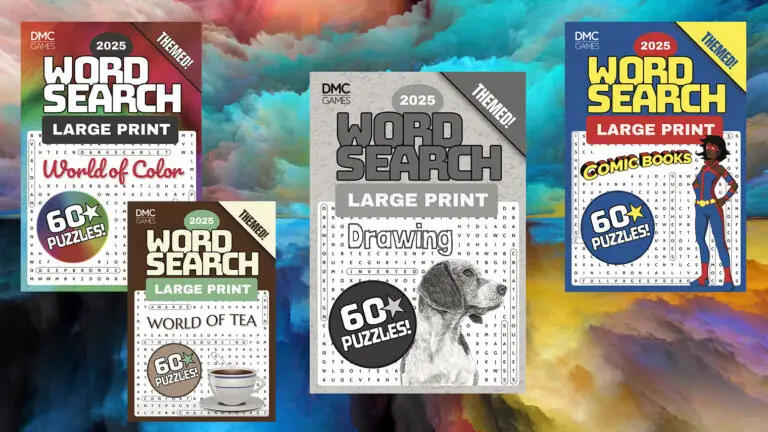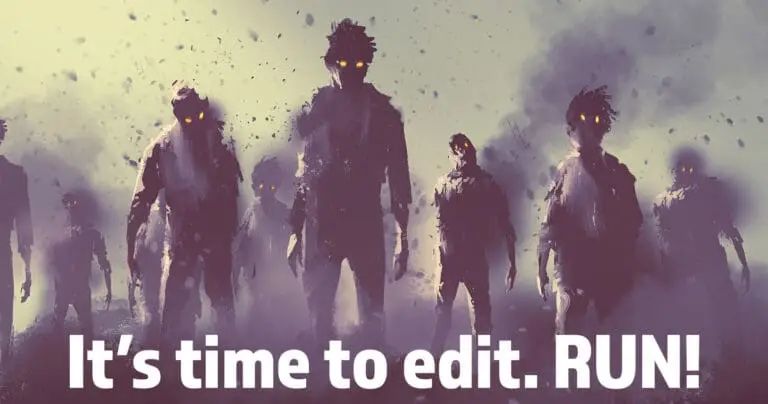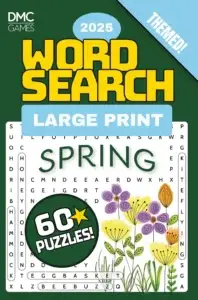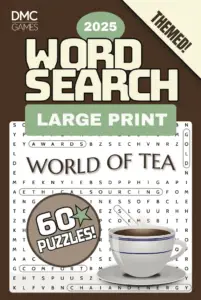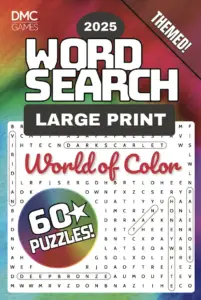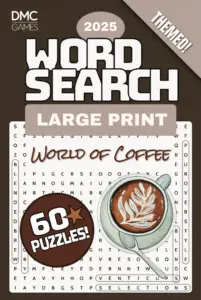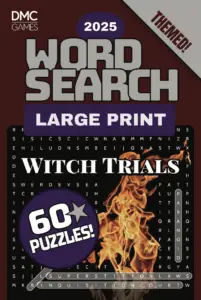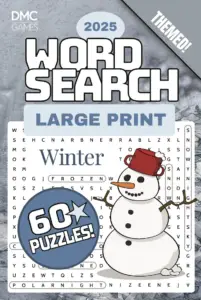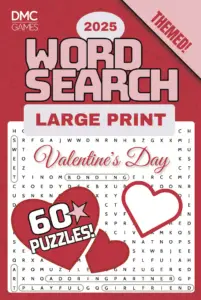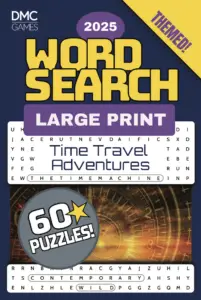During my time at SNHU, I could always tell who had run their work through a spelling and grammar checker; even the most basic checker would have caught the errors that students included with their papers. (Seriously, you’re in college now. Spellcheck your work.) Fortunately, one needn’t rely on basic tools when something like Grammarly exists. Fiction or non-fiction, there’s a role for Grammarly in your workflow.
It gets a lot of hate in certain writing circles, but I’m going to defend it. And why not?
1. It’s correct more often than not

It’s not perfect, but if you know the rules of grammar, it saves a ton of time. More often than not, Grammarly accurately identifies and corrects grammar and spelling errors, ensuring that your writing is polished and error-free. Its ability to recognize subtle nuances of language, such as subject-verb agreement, verb tense consistency, and pronoun-antecedent agreement, is remarkable. Moreover, Grammarly's continuous updates and machine learning capabilities enable it to evolve and adapt to new language trends, ensuring that it remains at the forefront of grammatical accuracy—and as a descriptivist, that matters to me. I want an editor, human or otherwise, to work by a set of rules, but I want consistent updates to those rules.
2. It’s educational
And if you don’t know the rules of grammar—or if you’re just rusty on some of them—Grammarly can help you learn. By presenting alternative suggestions and explanations for corrections, the tool provides valuable insights into grammar rules and writing conventions. It helps users understand why specific edits are necessary, enabling them to learn from their mistakes and improve their writing skills. Additionally, Grammarly encourages a proactive approach to editing by highlighting potential errors and explaining its suggested changes.
But sometimes, Grammarly is wrong.
It’s not often wrong about the little stuff, the minor imperfections that are easily fixed. It tells you correctly every time you miss a comma before the and between two independent clauses. Those kinds of catches come easy. Sometimes, though, something slips through.
To further enhance the editing process, users can cross-reference the tool's suggestions with reputable grammar and style resources such as The Elements of Style by Strunk and White or The Chicago Manual of Style. These resources complement Grammarly's suggestions, allowing users to better understand grammar principles.
3. It’s free (and even Grammarly Premium is cheap)
I’ve been paying for Grammarly Premium for a few years because I enjoy the extra functionality, but it’s not required for anyone on a strict budget. With premium access, users gain access to advanced features such as style suggestions, clarity improvements, and genre-specific writing checks—but it’s $12/month. Grammarly’s free tier is enough for casual writing, and I suggest using it for a few months before pulling the trigger on the premium level. Users might find that free is sufficient.
It’s a great first step
Grammarly is not just a powerful tool for writing and editing; it is also an exceptional stepping stone toward mastering grammar, editing, and writing. A bold assertion, I know. But, Grammarly’s accurate corrections and personalized suggestions empower users to learn from their mistakes and understand the intricacies of grammar rules. By providing explanations and alternative suggestions, Grammarly instills confidence in users to make informed choices and helps them develop a discerning eye for grammar, style, and clarity.
When I’m looking for something to read, I don’t pay for unedited work. I don’t even really want to read unedited work, even for free. Novelists, short story writers, whoever—your work needs to be edited to reach its full potential. Starting with Grammarly is a solid first step. Use it before sending your work to a human editor, and you’ll save time and money.

